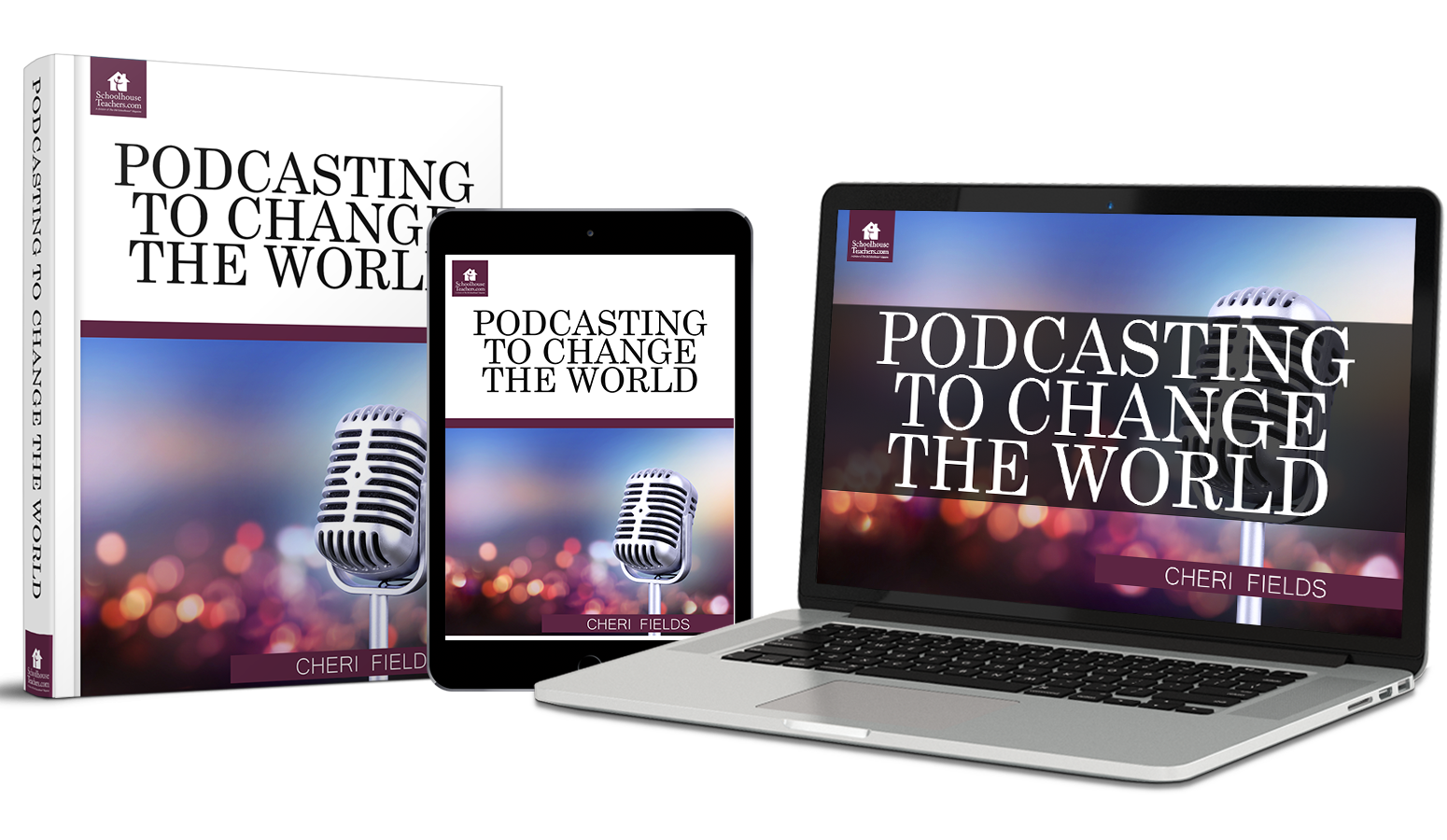
Be balanced: understand when and how much tech use is healthy.He offers a refreshingly positive framework for preparing kids to be successful in a digital world-one that encourages them to use technology proactively and productively-by outlining five qualities every young person should develop in order to become a thriving, contributing digital citizen: In Digital for Good, EdTech expert Richard Culatta argues that technology can be a powerful tool for learning, solving humanity’s toughest problems, and bringing us closer together. We warn them about all the things they shouldn’t do online, but we don’t do nearly enough to teach them the skills of digital well-being. We worry that our children will become addicted to online games, be victims of cyberbullying, or get lost down the rabbit hole of social media.

When it comes to raising children in a digital world, every parent feels underprepared and overwhelmed. To do this, and make our online world a better place, Richard outlines five qualities to become a thriving, contributing digital citizen: balanced, informed, inclusive, engaged, and alert. Rather than limiting screen time and constantly policing our kids online, we should instead be focused on creating good digital citizens.
#Podcast maker for kids how to#
As a result, he has created a refreshingly positive framework for parents and teachers who are in desperate need of figuring out how to help children harness technology’s potential for good-while avoiding the bad. Richard argues that using technology proactively, productively, and as a tool for good has been largely overlooked, to the detriment of our kids. The current conversation surrounding tech use among kids has focused largely on the negative-what not to do and what dangers to avoid-but Richard presents the flip side of the conversation in Digital for Good. Here is a description of Digital for Good: This comes down to schools, developers, communities - it is all of our responsibility. The book often touches on the fact that parents are often relied upon to be the primary teacher of digital literacy and citizenship - it is unfair to place the burden on their shoulders. Richard says that we need to understand that devices are our most powerful earning library, and this must be true for young people as well.

Currently, the term digital citizenship is often used more for security and safety, but it has a much wider potential. The new book focuses on digital citizenship and the call for more community norms. Richard has four kids at home and has noted the changing landscape as young people today are the first mobile generation.

He has been a renowned decision-maker and thought leader for decades and recently decided to write his new book with a new audience in mind: parents. Richard Culatta has a varied and impressive career in tech, learning and policy. Let’s listen in as Tom talks with Richard about smart tools, inclusion and more.
#Podcast maker for kids free#
Richard also is the author of a new book, Digital For Good: Raising Kids to Thrive in an Online World.We recently published a review of this book here, feel free to check it out! Richard was appointed by President Obama as the Director of the Office of Educational Technology for the US Department of Education. On this episode of the Getting Smart Podcast, Tom Vander Ark sits down with Richard Culatta, CEO of the International Society for Technology in Education (better known as ISTE), a nonprofit serving education leaders in 127 countries.

This episode of Getting Smart Podcast is sponsored by Screencastify.


 0 kommentar(er)
0 kommentar(er)
